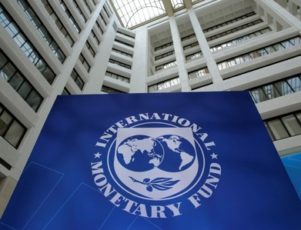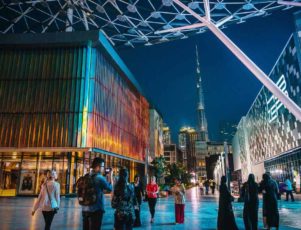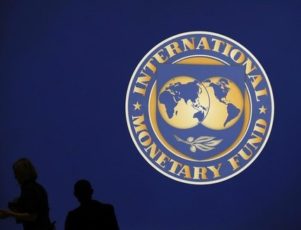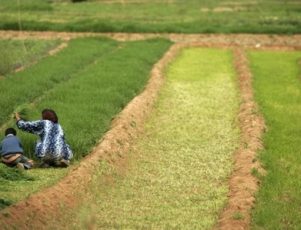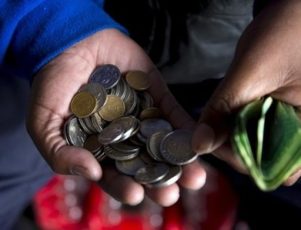The Middle East is overcoming cultural barriers, and political and financial challenges, to become a paradise for potential investors. Emerging local technology companies are flourishing and giants from the US, Europe and Asia are taking notice. From the arrival of business angels, to the sale of Souq.com to Amazon, the region is showing greater creditability for investment projects and successful business ventures.
Growing Markets
Although there are huge obstacles facing the business markets of some countries across the region, the six Gulf Cooperation Council countries (UAE, Qatar, Oman, Saudi Arabia, Bahrain and Kuwait) plus Egypt, Lebanon and Jordan are emerging as an economic hub. According to venture capital site Beco Capital, there are over 160 million people in the region, 85 million who are online, and 50 million who are adult digital consumers with disposable income. These countries have the highest value consumers, enterprises and entrepreneurs, as well as, the youngest populations and high smartphone and broadband usage. This largely untapped market, is becoming the breeding ground for local technology startups, and big players from abroad, who wish to tap into it.
So far, only 8% of businesses in the Middle East and North Africa (MENA) have digital presence (as opposed to 80% in the United States) and only 1.5% of the region’s retail sales are digitally transacted, meaning there is still plenty of growth to come. According to Beco Capital, each digital job is estimated to create two to three more jobs in the economy, meaning the digital market could add up to $95 billion in annual gross domestic product by 2020. The business landscape of the region therefore, shows a lot of promise to foreign investment.
Emerging Startups
According to research house MAGNiTT, there are now over 3,000 startups across the region, with $870 million spent in startup investment last year. The top 100 startups raised over $1.42 billion in funding and each startup has raised over $500,000 individually. Some 68% of startup founders come from the Middle East, although many hold dual citizenship, 12% of successful startup founders are female, and the UAE hosts 50% of the most funded startups in the region. These figures have attracted foreign investment from abroad.
According to Bloomberg, Amazon’s recent acquisition of Dubai based, online market retailer Souq.com, shows that e-commerce in the Middle East is set to take off. Out-bidding Emaar Malls PJSC, which owns the world’s largest shopping center, at $800 million, Amazon is actively looking for new areas of growth, and seems to have found it in the Middle East. According to Bloomberg, Souq.com has 23 million online visits a month, employs over 3,000 people and sells more than 400,000 products, from electronic goods to household products and clothes.
Business Angels
An angel investor is usually an affluent individual or professional investor who provides startup capital for a new venture in return for shares in the business. In a report drafted by Harvard Business School experts, angels increase creditability to projects and increase possibilities for success. The report found possibilities for success increased by 10 to 17% when initial investment was done outside the US. According to the National back in 2012, enthusiasm for angel investment was growing across the Middle East. High speed internet connections enable the regions businesses to reach a global audience, meaning companies can grow without need for crippling overheads previously associated with foreign investment.
Executive chairman of Oasis500, a Jordan based investment program, Usama Fayyad said the Middle East was a unique opportunity for investors to participate in companies who could easily grow in value two to ten times over in a matter of months. Business angels may also have valuable knowledge and experience to help struggling startups. Serial entrepreneurs, who have started their own business can mentor local companies to ensure successful management strategies.
Startup Ecosystem
Despite the war and poverty stories emanating from across the region on the nightly news, the Middle East is well on its way to becoming a global hub for investment. Even with numerous challenges, this has not stopped the region, as a whole, from overcoming the first phases of business development to build a promising startup ecosystem.
Sources: (1), (2), (3), (4).
Read more

